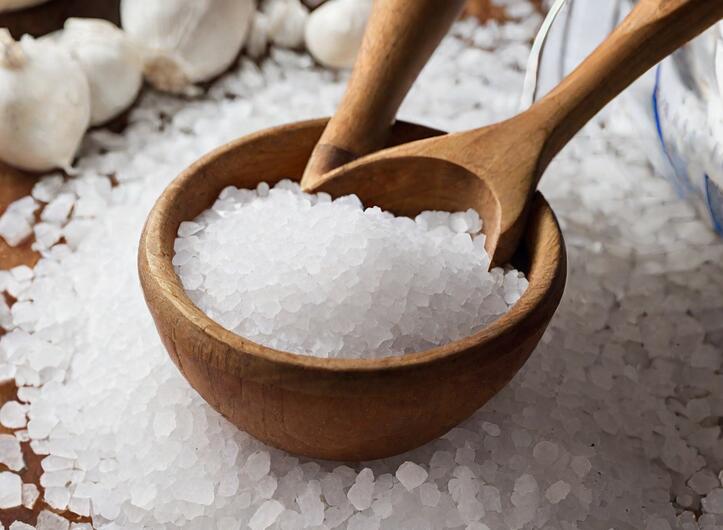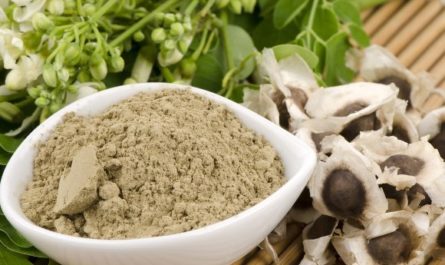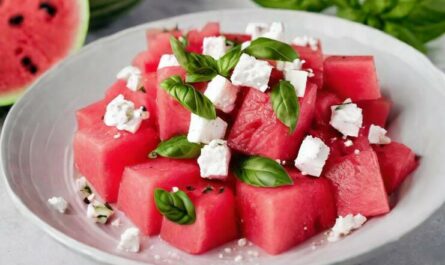When it comes to cooking and food preservation, the type of salt you use can make a difference. Two common types of salt that are often confused are canning salt and kosher salt. However, Is canning salt the same as kosher salt? In this article, we will delve into the similarities and differences between these two salts, to help you make informed choices in your culinary endeavors.
Types of Salt Used in Cooking
- Table Salt: This is the most common type of salt found in households. It is usually iodized and has fine grains.
- Sea Salt: Sea salt is harvested from evaporated seawater. It comes in various textures, from fine to coarse, and often contains trace minerals.
- Kosher Salt: Kosher salt is commonly used in koshering meat and has a coarse texture. It is favored by chefs for its ability to season food evenly.
- Canning Salt: Canning salt is specifically formulated for preserving food. It is free of additives, such as anti-caking agents, which can affect the quality of preserved goods.
- Himalayan Pink Salt: This salt is mined from ancient salt beds and contains minerals that give it a pink hue. It is often used as a finishing salt.

What is Canning Salt?
Canning salt, also known as pickling salt, is a type of salt specifically designed for food preservation. Its main characteristic is its purity, as it does not contain additives like iodine or anti-caking agents. This purity ensures that the flavor and texture of preserved foods remain uncompromised.
Canning salt is ideal for canning and pickling because it dissolves quickly and evenly, ensuring that the salt is evenly distributed throughout the preserved food. By using canning salt, you can avoid any potential discoloration or cloudiness that additives found in other salts might cause.
What is Kosher Salt?
Kosher salt got its name from its use in the koshering process of meat preparation. It has a coarse texture and is made up of larger, irregularly shaped grains. Kosher salt is preferred by many chefs because its large grains make it easy to pinch and sprinkle evenly on food, allowing for better control of seasoning.
One of the main advantages of kosher salt is its ability to draw moisture out of meat, making it ideal for the koshering process. The larger grains also provide a satisfying texture when used as a finishing salt, adding a subtle crunch to dishes. Additionally, kosher salt’s lack of additives, such as iodine, allows for a purer taste in culinary applications.
Is Canning Salt the Same as Kosher Salt?
To understand the differences between canning salt and kosher salt, let’s examine various aspects.
1. Chemical Composition
Chemically, both canning salt and kosher salt are primarily composed of sodium chloride. This means that from a chemical standpoint, they are very similar. However, it’s important to note that some brands of kosher salt may contain small amounts of other minerals, such as magnesium and calcium.
2. Grain Size and Texture
One noticeable difference between canning salt and kosher salt is their grain size and texture. Canning salt typically has fine grains, similar to table salt, while kosher salt has larger, coarser grains. The coarse texture of kosher salt makes it easier to handle and sprinkle, especially when cooking or seasoning meat.
The larger grains of kosher salt can also provide a satisfying crunch when used as a finishing salt on dishes like roasted vegetables or grilled meats. The texture of kosher salt can add an extra dimension to the overall dining experience.
3. Flavor Profile
Since both salts are primarily sodium chloride, they have a similar basic taste. However, the texture of kosher salt may affect how it is perceived when tasted directly. The larger grains of kosher salt can provide a mild crunch and a more pronounced burst of saltiness, enhancing the overall flavor experience.
On the other hand, canning salt’s fine grains allow it to dissolve more quickly, distributing the salt evenly throughout the preserved food. This ensures consistent flavor and prevents any pockets of overly-salted or under-salted areas.
4. Solubility and Dissolution
In terms of solubility, both canning salt and kosher salt dissolve easily in liquid. However, due to the larger grain size of kosher salt, it may take a bit longer to dissolve completely. This is not usually an issue in most cooking applications, but it’s worth considering for certain recipes that require quick and uniform distribution of salt.
When using canning salt for preservation, its fine grains dissolve readily, ensuring that the salt is evenly distributed throughout the preserved food. This quick dissolution helps maintain consistent flavor and prevents any potential concentration of salt in specific areas.
5. Additives
One key difference between canning salt and kosher salt lies in their additives. Canning salt is free of additives, such as iodine and anti-caking agents, which are commonly found in table salt. These additives can impact the quality of preserved foods, making canning salt the preferred choice for food preservation.
On the other hand, kosher salt may contain anti-caking agents to prevent clumping. However, it does not contain iodine, which can affect the flavor and color of preserved foods. When choosing between the two salts for preservation purposes, canning salt is often the safer choice to ensure the best quality and taste.
Can You Substitute Canning Salt for Kosher Salt (and Vice Versa)?
In certain situations, you may need to substitute one salt for another. While it is generally possible to substitute canning salt for kosher salt, and vice versa, there are a few factors to consider.
1. Adjustments in Measurements
When substituting canning salt for kosher salt, or vice versa, it is essential to consider the difference in grain size. Since kosher salt has larger grains, you will need to use more volume to achieve the same level of saltiness. As a general rule of thumb, you can use 1.5 times the amount of kosher salt as canning salt in a recipe.
For example, if a recipe calls for 1 teaspoon of canning salt, you would need to use approximately 1.5 teaspoons of kosher salt. It’s always a good idea to taste and adjust the seasoning as needed when substituting salts.
2. Considerations for Specific Recipes
Pickling and Brining
Canning salt is often recommended for pickling and brining due to its purity and lack of additives. However, if you don’t have canning salt on hand, kosher salt can be a suitable substitute. Just keep in mind the adjustment in measurements mentioned earlier.
Baking
In baking recipes, where precise measurements are crucial, it’s best to stick to the salt specified in the recipe. If the recipe calls for canning salt and you only have kosher salt, adjust the measurement accordingly. However, be mindful of the potential texture variations in the final baked goods due to the difference in grain size.
General Cooking
For general cooking, the choice between canning salt and kosher salt comes down to personal preference. Both salts can be used effectively, but you may need to adjust the quantities to achieve the desired level of saltiness. Experimentation is key to finding the perfect balance of flavors in your dishes.
The Role of Salt in Food Preservation
Salt plays a vital role in food preservation by inhibiting the growth of bacteria and other microorganisms. When used in the canning or pickling process, salt helps create an environment that is inhospitable to harmful bacteria. It can allow preserved foods to remain safe to consume for extended periods.
Different preservation methods require specific types of salt. Canning salt, with its purity and lack of additives, is often preferred for canning and pickling. The absence of additives ensures that the quality and taste of the preserved foods are preserved. On the other hand, kosher salt can also be used for preserving foods. However, it is more commonly used in the kosher process of meat preparation.
FAQs
1. Is it safe to use table salt instead of canning or kosher salt?
While table salt can be used as a substitute for canning or kosher salt in certain situations, it is not ideal for preserving foods due to the additives it contains. Table salt often contains iodine, which can affect the taste and color of preserved foods. It is best to use canning salt or kosher salt for food preservation to ensure the best quality and taste.
2. Can using different salts affect fermentation processes?
The type of salt used in fermentation processes can impact the flavor and texture of the final product. While canning salt and kosher salt are both suitable for fermentation, their different grain sizes and textures may result in slight differences in the fermentation outcome. It’s recommended to follow recipes that specify the type of salt for fermentation.
3. How should I store different types of salt?
To maintain the quality of your salts, store them in airtight containers in a cool, dry place. Exposure to moisture can cause salts to clump or lose their flavor. If you live in a humid environment, consider using a desiccant packet or keeping the salt container in a moisture-free environment to prevent clumping.
Conclusion
In conclusion, while canning salt and kosher salt share some similarities, they also have distinct characteristics that make them suitable for different culinary purposes. Understanding the differences between these salts allows you to make informed decisions when choosing the right salt for your cooking and preservation needs. Remember, whether you opt for canning salt or kosher salt, both can add depth and flavor to your dishes.






